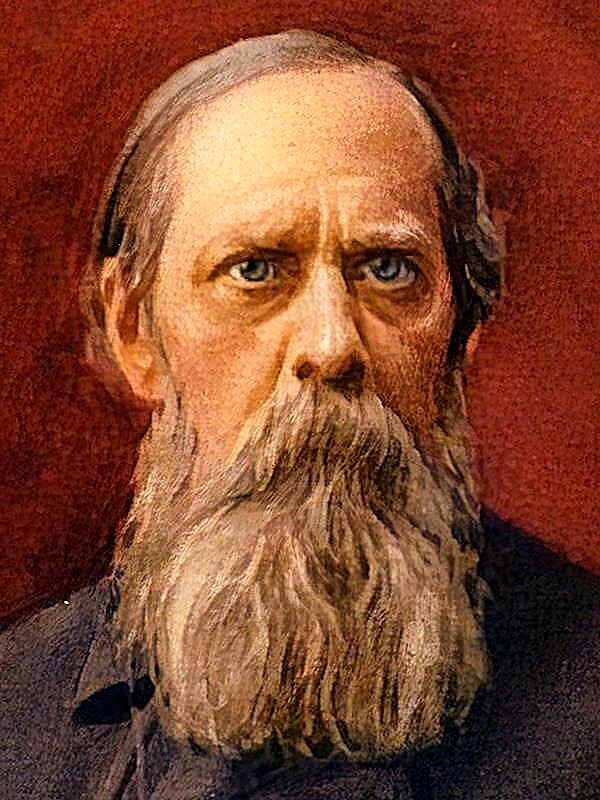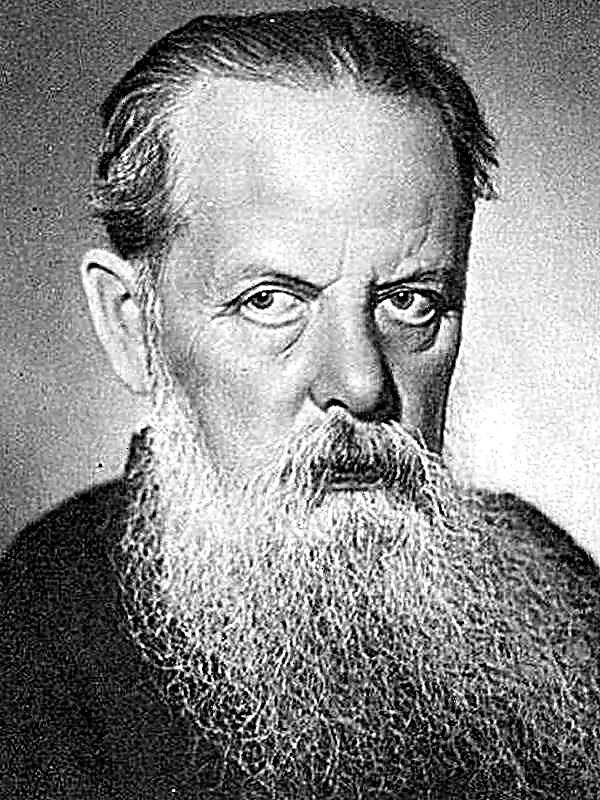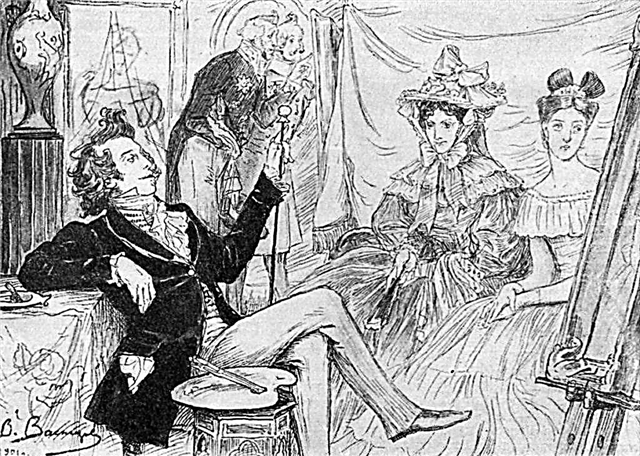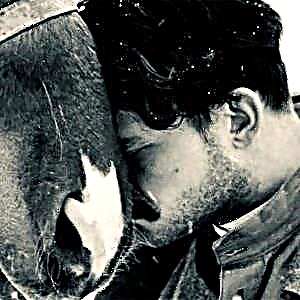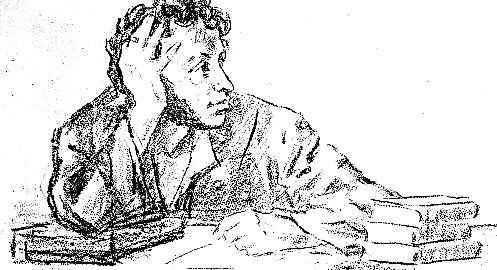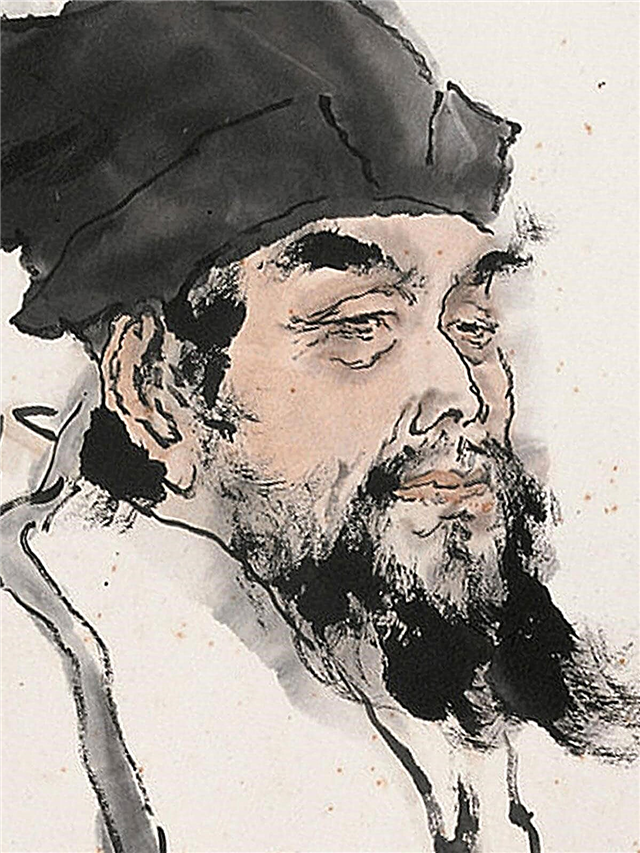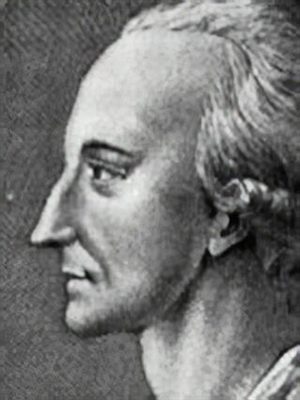(279 words) Psychologism is a description of the inner experiences and feelings of heroes. Many writers demonstrated it in their works, and the story of A.P. Chekhov's "On Love."
The story of mutual love, which was never destined to develop, is described with special “Chekhov lyricism” and is characterized by the simplicity of the narrative. The main character - Pavel Konstantinovich Alekhine - is in love with a married woman - Anna Alekseevna Luganovich. Their “common future” was broken up on the very border that people living under the laws of the society where they rotate are not allowed to cross. It is from this moment that Chekhov's psychologism begins to appear. The author argues that the main thing in love is to act, and not to think about the ubiquitous issues, about what is right, accepted, permissible and approved. However, this opinion cannot be confirmed in life, because it is easy to reason, and it is incredibly difficult to step over one's own reputation. The inner "pain of love" tears the soul into two parts, but externally - everything is just as decorously and smoothly as it is accepted by traditions and foundations. Alekhin and Luganovich - these are “collective images” that were closed from real feelings, wearing a “mask” that hides their true desires. In an effort to conceal mutual attraction, Chekhov's characters look like real people. The writer has built a true model of the relationship between a married woman and a man in love with her. Everything is as in life: heroes do not abandon everything and do not run towards each other to the sound of music and applause. They remain at their own, fearing change, and losing each other forever.
A.P. Chekhov describes feelings and experiences with such an “invisible emotionality” that captivates readers seeking, but not finding the perfect recipe, how to get out of the conflict set? You can’t leave and destroy a family, but you can’t live without love either. And only when we do not find the answer, we understand the tragedy of both Alekhine and the whole society.

